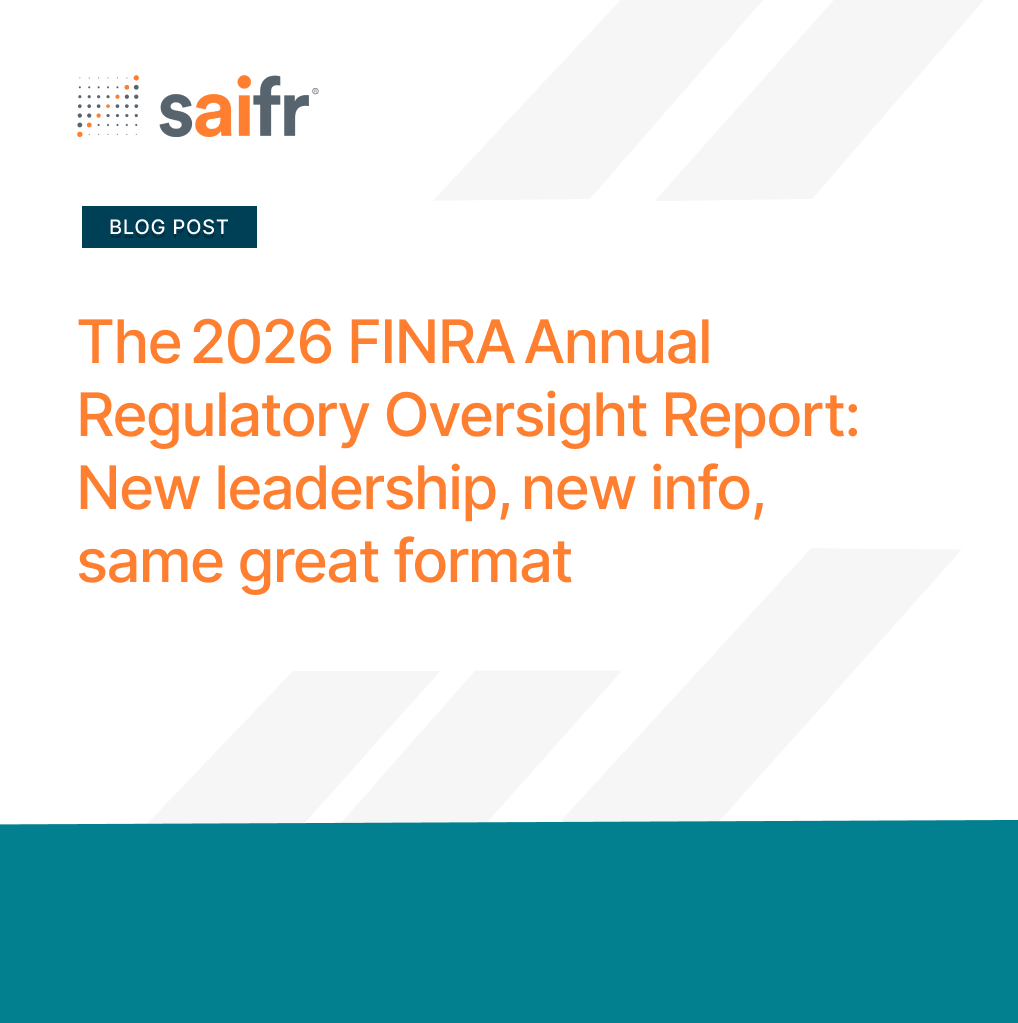AI is just math. Advanced math, but still math. Though it may seem like AI is just beginning to impact marketing, that’s not really the case. Marketing has been using AI for a while, albeit by a different, more mathematical name: regression or statistical analysis.
Regression analysis is simply a way to measure the relationship of one variable to one or more others. It can show the magnitude of an association and determine if the relationship is the result of more than just chance. Regression analysis has proved an important tool for marketers to help refine methods for engaging target audiences.
A simple upgrade?
Regression analysis is used to determine which factor (or combination of factors) in the marketing mix has a positive or negative impact. It can help answer questions like: What is the impact of social engagement on pageviews? Do email open rates (and time of email open rates) have an impact on conversion rates? What is the dominant factor that drives organic page views? etc. While these early applications of AI using multifactor regression analysis are still relevant, a newer application of AI is changing the marketing landscape—large language models (LLMs).
LLMs can provide more granular predictions of likely impacts. For example, they can predict if the dialogue in an ad will be net beneficial or detract from performance. They can help predict brand loyalty based on a qualitative assessment of a customer’s interaction with a service rep. They can predict likely churn based on responses to a short survey about a service.
These applications were not possible with the first generation of AI regression models. The power of modern LLMs to predict likely behavior will impact personalization, content creation, and how marketing budgets are set.
And there is more coming.
The game changer?
Looking forward, I think some of the biggest beneficiaries of LLMs and generative AI will be content creators in regulated industries like healthcare, pharma, and financial services. This an area where marketing content needs to be reviewed by compliance and legal teams to ensure regulatory compliance before it can be shared with the public. In this instance, the content can be anything from marketing collateral, sales decks, advertisements, promotional emails, social media, press releases, etc.
A well-crafted LLM engine should be able to generate an original version of the text (with a customized graphic) and ensure that the text will not fall afoul of communication regulations in that specific industry. At present, publicly available, commercial LLMs fall short of that mark. Bespoke models are coming and will positively impact content productivity and time to market.
I think another area in marketing that will be positively impacted by LLMs is how companies interact with customers via intelligent chatbot. These new bots will be able to more accurately query all of a company’s data and use natural language to help answer questions about products and services. I believe that these more precise, qualitative interactions will help foster stronger brand loyalty as customers are able to find information about products using natural language.
New technologies will make it easier for marketing to do what they have always done—create the right mix of interactions with targeted prospects to get to a purchase and a long-term relationship. Better tools are coming every day.
The opinions provided are those of the author and not necessarily those of Fidelity Investments or its affiliates. Fidelity does not assume any duty to update any of the information.
1082743.1.0






-1.png)